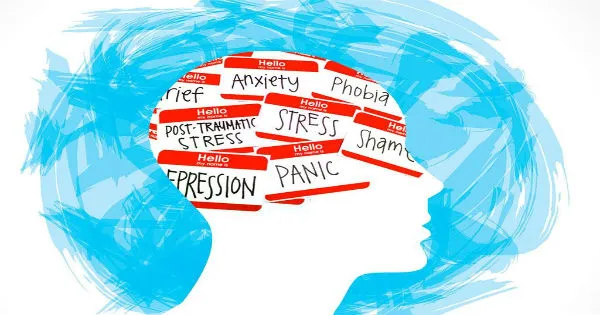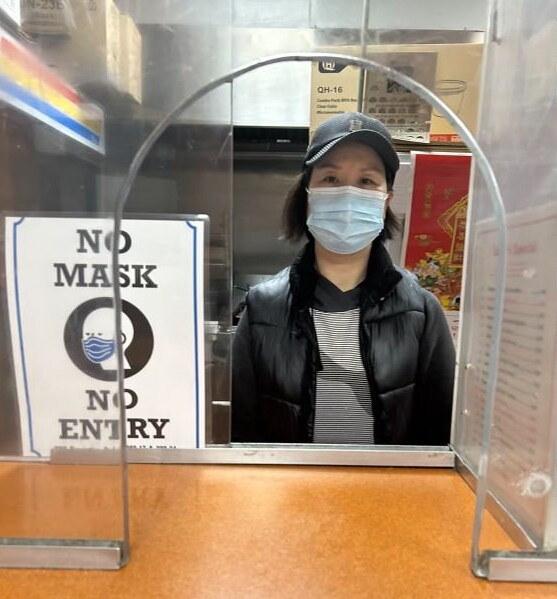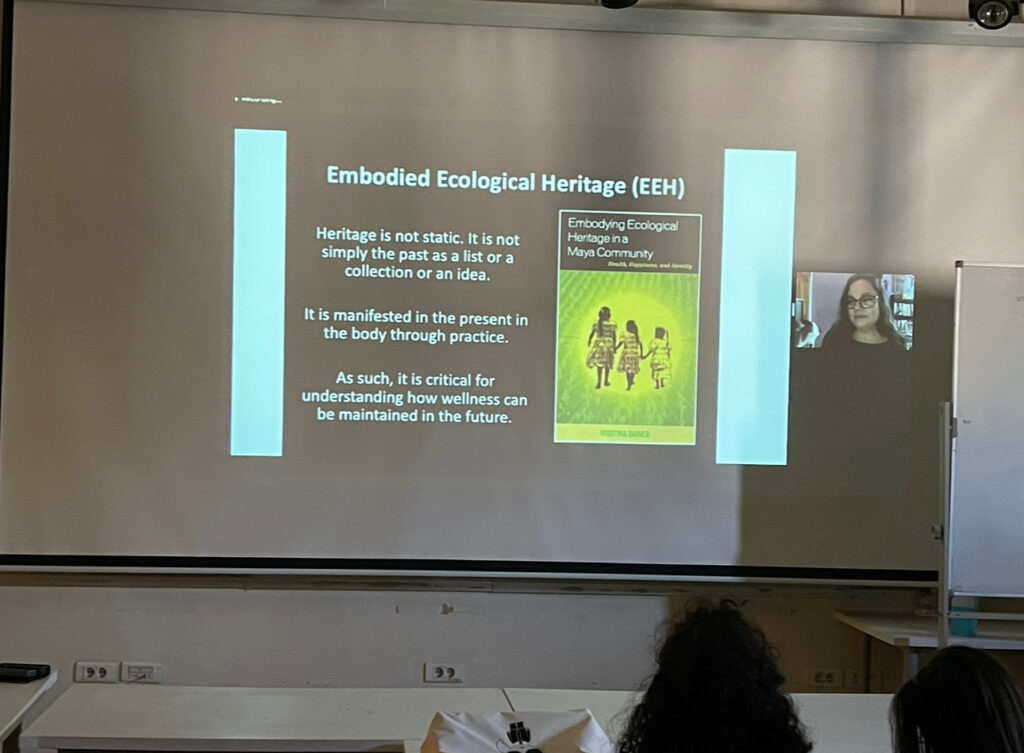CUNY Class Information
Instructor: Dr. Cory Rowe
CUNY Campus: , LaGuardia Community College
Class Title: Introduction to Criminal Justice and International Crime
Course number: SSJ 101
International Class Information
Instructor: Carlos Augusto Jaramillo Gutiérrez
Partnership institution/ country: Universidad de Medellin
Class title: Ciencias Forenses
Length of COIL Collaboration: Entire semester
Project Description
In groups with students from Colombia, create a PowerPoint presentation and short paper that offers an overview of a controversial topic in international criminal justice. Students are assigned the following topics: human trafficking; sex tourism; pirates; drug smuggling; and narco-terrorism.
Include information on the following:
1. What type of crime did you explore?
2. What is ONE major controversy about this crime? Be sure to present both sides.
3. Compare the way the United States handles policing this crime, to the way Colombia polices this crime.
4. Offer TWO recommendations for how to improve policing of this international crime.
Online Platforms
Introductions to one another were made by both sets of students through Padlet. A sample is here: https://padlet.com/belojennifer/criminal-justice-coil-ztnolmgicjqsbkll
All students shared the last two hours of every class on Zoom and assignments were posted on Google classroom. Whatsapp was used by all students for group work.
COIL-Cory-Rowe-SSJ-101










